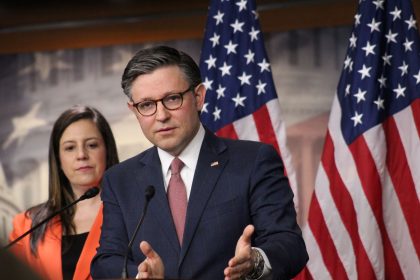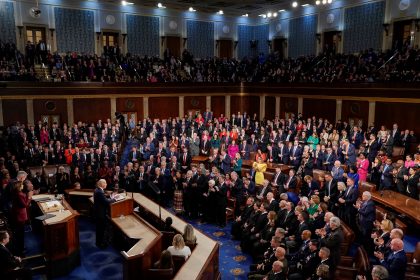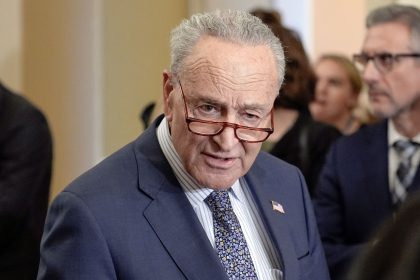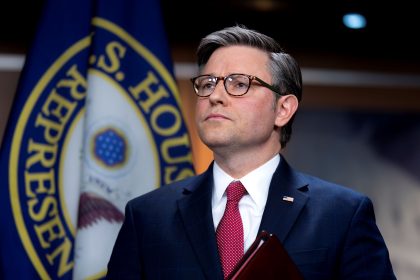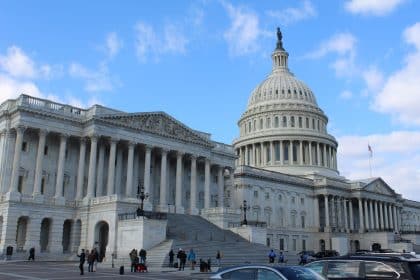Hoyer Hails Bipartisan Budget Deal Averting ‘Brinksmanship’ and Potential Crisis
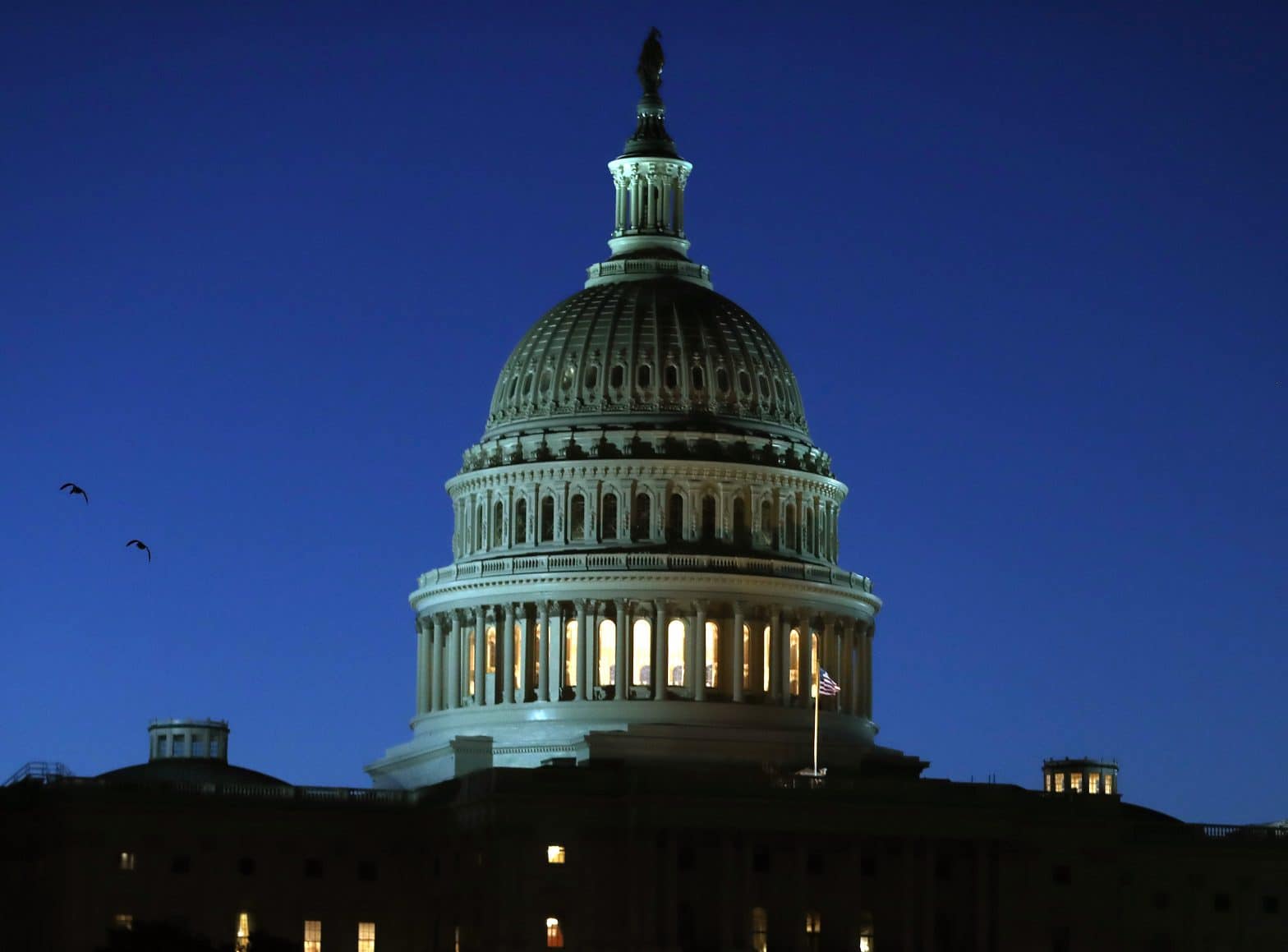
WASHINGTON – House Majority Leader Steny Hoyer said Tuesday a bipartisan agreement on budget caps and the federal debt limits hashed out Monday night is an example of what can happen when elected officials “work together in good faith” for the nation’s benefit.
The White House also noted the bipartisan nature of the effort to get a budget bill across the finish line before the start of the August district work period on Friday, pointing out that the two-year budget agreement is a “compromise” that “includes absolutely no poison pills.”
“Both the House and the Senate should quickly move this deal to the President’s desk for signature,” the statement from White House press secretary Stephanie Grisham said.
But even as the House Rules Committee scheduled a Wednesday afternoon hearing to consider the Bipartisan Budget Act of 2019 as an emergency measure, a movement was afoot among the chamber’s conservative Republicans to try to scuttle the deal.
Representative Chip Roy, the freshman Republican from Texas who briefly held up a $19.1 billion disaster relief package in June that had widespread bipartisan and White House support, is trying to do something similar with the budget agreement.
In a letter being circulated on Capitol Hill on Tuesday, Roy and an unknown number of sympathetic colleagues, urge Trump to refuse to sign the deal “because it is fiscally irresponsible.”
The letter, which was obtained by Politico, goes on to complain that the agreed upon deal “blows well beyond what was intended with the 2011 [Budget Control Act] caps. Furthermore, it continues spending hundreds of billions more than what we take in a year and does not put our nation on a path towards a balanced budget.”
The agreement was largely negotiated by Treasury Secretary Steven Mnuchin and House Speaker Nancy Pelosi, and it would raise government spending by close to $320 billion.
Pelosi and her negotiating team got the White House to agree to spending increases for more domestic and military programs. Under the terms of the agreement, non-defense spending exceeds the defense number by $10 billion over the next two years.
In return, the Trump administration got Pelosi and Senate Minority Leader Charles Schumer to agree to $77.4 billion in spending cuts.
In a joint statement, Pelosi and Schumer said the deal included “robust funding for critical domestic priorities” that will advance the health, financial security and well-being of the American people.
“Importantly, Democrats have achieved an agreement that permanently ends the threat of the sequester,” the Democrats said. “We are pleased that the Administration has finally agreed to join Democrats in ending these devastating cuts, which have threatened our investments to keep America Number One in the global economy and to ensure our national security.
“With this agreement, we strive to avoid another government shutdown, which is so harmful to meeting the needs of the American people and honoring the work of our public employees,” they said.
On Tuesday, Hoyer said the agreement “is a direct result of a Democratic-led House doing the work we were sent here to do, reporting legislation to replace the sequester-level budget caps in April and passing appropriations bills to fund 96% of the government three full months before the end of the fiscal year.”
He went on to say that by extending the debt limit for a full two years, House negotiators had “beat back those who would hold hostage the full faith and credit of the United States for partisan gain.”
Even Senate Majority Leader Mitch McConnell agreed that “while the reality of divided government means this is not exactly the deal Republicans would have written on our own, it is what we need to keep building on that progress.”
However, fiscal conservatives outside of government are not pleased with the deal.
The Committee for a Responsible Federal Budget, a nonpartisan group that advocates for fiscal responsibility panned the deal as potentially “the worst budget agreement in our nation’s history” and later released a statement listing five reasons to oppose the deal, including that it would raise the national debt by $1.7 trillion over the next decade.
Maya MacGuineas, the committee’s president, dismissed the agreement as “a total abdication of fiscal responsibility by Congress and the President” and said “it may end up being the worst budget agreement in our nation’s history.
“There was a time when Republicans insisted on a dollar of spending cuts for every dollar increase in the debt limit. It’s hard to believe they are now considering the opposite – attaching $2 trillion of spending increases to a similar-sized debt limit hike,” MacGuineas said.
David McIntosh, the president of the Club for Growth, a conservative group that advocates free enterprise, said in a release that while his group believes President Trump “has worked hard in his budget to restrain Congress’s unending desire to spend … we can’t support this spending deal.
“We hope President Trump will reject the budget busting deal from Speaker Pelosi and Secretary Mnuchin, and we are encouraging our members to reach out to their elected officials in Congress to oppose this bill,” McIntosh said. “We also hope President Trump gives Secretary Mnuchin a copy of ‘The Art of the Deal’ so that he will not be as weak and give in to liberal demands in future negotiations.”



















